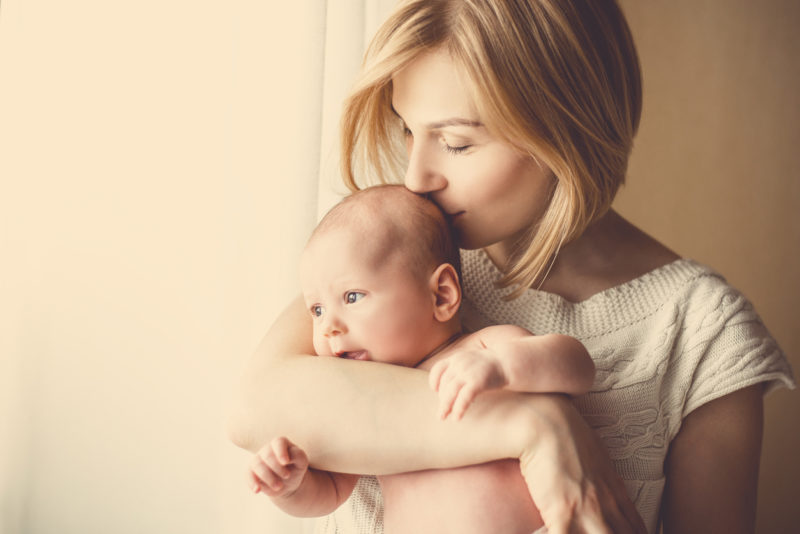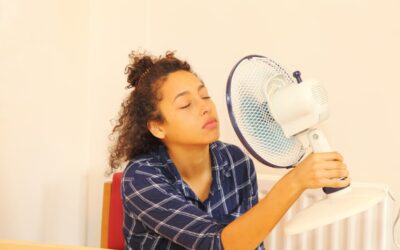When you’re preparing to bring a precious bundle of joy into your Raleigh, North Carolina, home, it’s important to consider a few HVAC tasks to prepare. Baby-proofing the house is the first step to ensure safety for your new little one. You may also want to think about the HVAC system and how it can impact the health of your baby.
Keep Your System Clean
The cleanliness of your HVAC system could impact your new baby. Although you might be used to certain allergens and contaminants in the air, your baby won’t be and the presence of these in your indoor air could lead to unpleasant health symptoms. Common symptoms for allergy sufferers include congestion, sore throats, rashes and coughing. Make sure your HVAC unit is clean by keeping the home free of excess dust and debris.
Schedule Regular Maintenance
Routine maintenance on your heating and cooling system is also important when it comes to overall safety. During a tune-up, our HVAC technician will inspect all components of the system to make sure it’s operating properly and safely. If anything is awry, we can resolve problems right away instead of putting your family in danger. Regular maintenance can also keep your bills under control and extend the life of your system, so it’s certainly worthwhile.
Set a Comfortable Temperature
The temperature of your home may also impact your baby’s comfort. A brand-new infant will be used to a much warmer environment, so placing her directly under an air vent with cold air blasting through it may lead to discomfort. On the other hand, if it’s too hot in the room, your little one may have trouble falling or staying asleep. Babies also can’t regulate their internal temperatures the way that adults and older kids can, so be aware of this when programming your thermostat.
If you want more suggestions on HVAC tasks you should perform before bringing your baby home, we can help you with all of your HVAC needs. Contact Cape Fear Air, Electric, & Plumbing, at 919-246-5801 today.
Image provided by iStock




